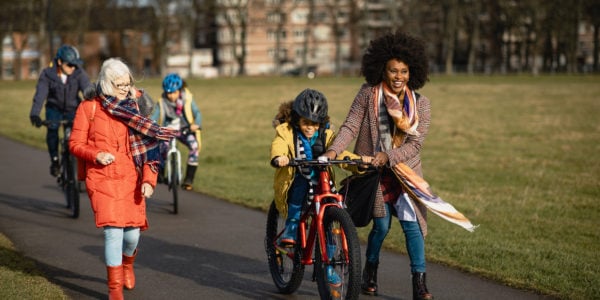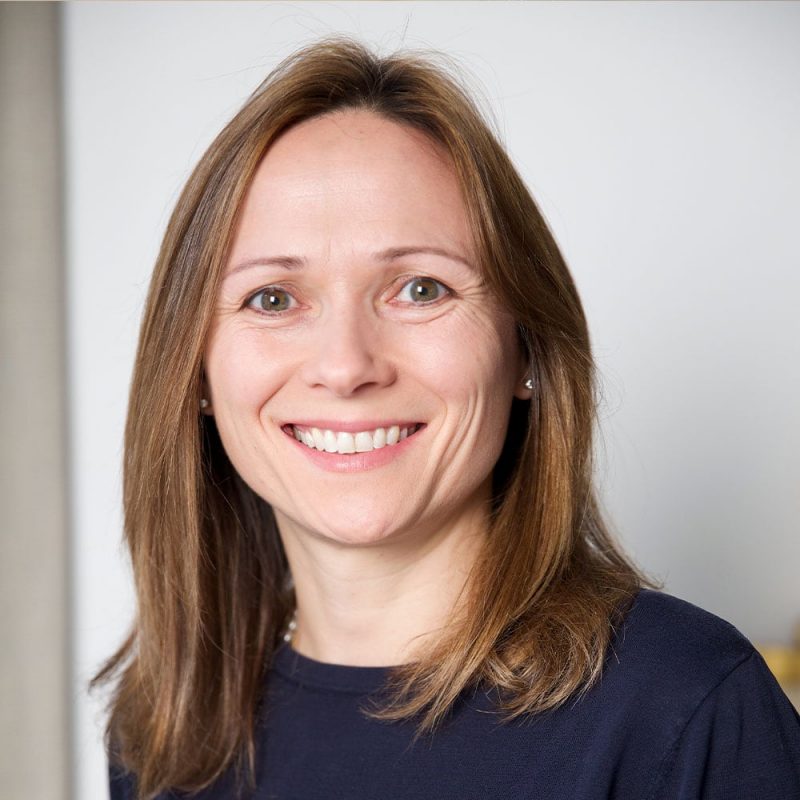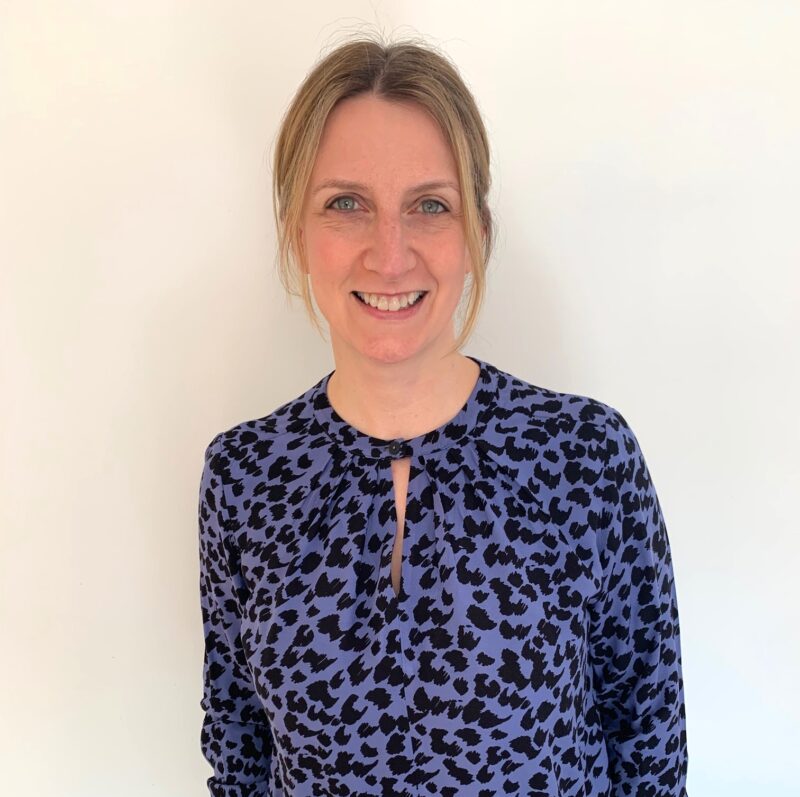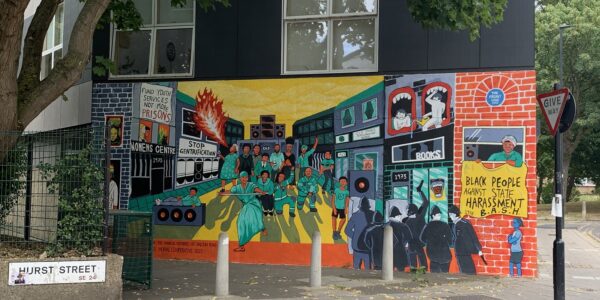-
Dr Tirion HavardLondon South Bank University
-
Dr Sarah BartleyThe Royal Central School of Speech and Drama
-
Dr Ian MahoneyNottingham Trent University
-
Dr Chris MagillUniversity of Brighton
-
Professor Chris FloodLondon South Bank University
Project overview
This project aimed to understand whether an arts-based Transformative Justice (TJ) intervention could effectively support women with convictions (WwC) to reintegrate and resettle into local communities and promote social cohesion and equality in the community more broadly.
TJ seeks to develop community accountability and engagement as an alternative to top-down state approaches to criminal justice, which are viewed as perpetuating cycles of abuse, suffering and harm.
Why is this important?
WwC have complex needs that differ from those of men, not least because a very high proportion have experienced domestic abuse. Community responses have been identified as most effective in addressing the causes of female offending and arts-based approaches as especially powerful for community building and conflict resolution. However, community provision for WwC in England is currently inconsistent and new effective models are needed.
What did it involve?
The core of the project was a series of 15 creative workshops in two phases, held in Stoke-on-Trent. In the first phase, a group of local residents came together to reimagine what justice could look like in their community. The intention was to integrate a group of WwC into the workshops for the second phase. However, despite concerted efforts by the research team, recruitment of WwC proved difficult. Focus groups with WwC were held in the initial stages of the project, alongside interviews with TJ experts from around the world.
Key findings:
- TJ does show potential to promote social cohesion and equality within local communities, and there was a desire among community members to discuss and reflect on issues of justice together.
- An arts-based approach to collective consideration of sensitive issues such as criminal justice offers opportunities to interrogate ideas through different modes of expression; explore divergent views in less exposing and more expansive ways; and imagine and rehearse alternative futures.
- A shared sense of history can be a powerful tool for helping groups build empathy and belonging.
- Experiences of trauma were common among workshop participants.
- Community building and collective problem-solving cannot be rushed; people need time to develop bonds and create the sense of community required for meaningful change.
Key policy recommendations:
- Engagement with community members is an important part of the policy development process but requires a sensitive, trauma-informed approach.
- Local physical meeting spaces play a key role in supporting strong communities and should be supported, including through community asset transfer.
- Locally-rooted arts organisations are well-placed to bring communities together to creatively explore complex and sensitive issues, and should be resourced accordingly.
- Funding programmes for community building and participation need to recognise that change and impact take time.








































